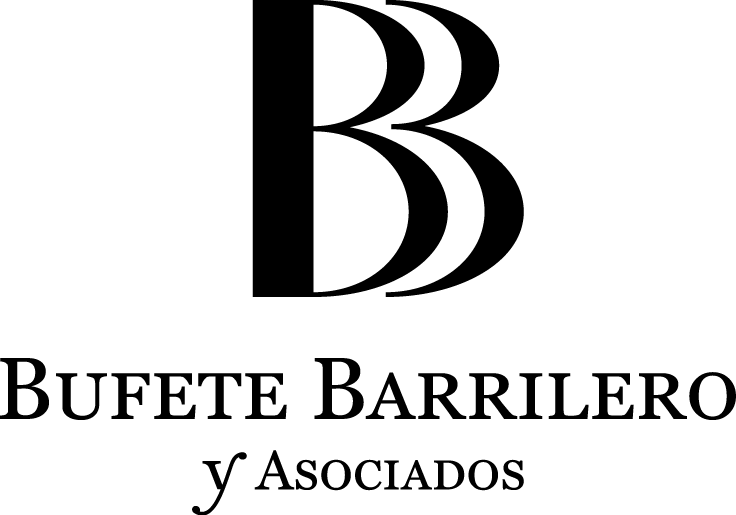The declaration of unconstitutionality of the Tax on the Increase in Value of Urban Land (IIVTNU) through Constitutional Court Judgment (STC) 182/2021 of 26 October (ECLI:ES:TC:2021:182) marked a turning point in the field of taxation. However, the limitation of the effects of this declaration, contained in its legal ground six, gave rise to intense debate regarding which cases could be classified as “consolidated legal situations”, and thus excluded from review.
In this context, the Supreme Court (TS) has recently established case law expanding the possibilities for challenge, recognizing taxpayers’ right to claim reimbursement of the tax when, as of 26 October 2021, they were still within the period to lodge a contentious-administrative appeal.
The Supreme Court’s Criterion: Finality and Consolidated Situations
Through Judgments No. 755/2025 of 13 June (ECLI:ES:TS:2025:2636) and No. 764/2025 of 16 June (ECLI:ES:TS:2025:2766), subsequently reaffirmed in Judgment No. 947/2025 of 11 July (ECLI:ES:TS:2025:3508), the Administrative Chamber held that a tax assessment cannot be deemed a consolidated situation where the administrative proceedings have been exhausted but, at the date of the Constitutional Court’s ruling, the two-month period provided under Article 46.1 of the Law on Contentious-Administrative Jurisdiction (LJCA) for filing a judicial appeal had not yet expired.
The High Court expressly stated that, so long as the judicial challenge period remains open, “the assessment is neither final nor definitive.” To extend the concept of a consolidated situation to such cases would constitute an unjustified restriction of the legally established means of appeal and a violation of the fundamental right to effective judicial protection (Article 24 of the Spanish Constitution).
Moreover, the Supreme Court questioned the Constitutional Court’s choice of 26 October 2021 as the cut-off date, rather than the date of publication of the judgment in the Official State Gazette (BOE) in November 2021. The Court noted that this decision lacked sufficient justification and effectively limited taxpayers’ right of defense.
Accordingly, the Supreme Court interpreted that the sixth legal ground of STC 182/2021 must be applied strictly and restrictively, and that its effects cannot be extended to cases not expressly included within the literal terms of the judgment itself.
Established Jurisprudential Doctrine
The doctrine emerging from these rulings establishes that:
“A legal situation cannot be considered consolidated, within the meaning of legal ground six of STC 182/2021, with respect to tax assessments or to decisions dismissing appeals lodged against such assessments, when the period for filing a contentious-administrative appeal had commenced prior to 26 October 2021 and had not yet expired on that date.”
This pronouncement opens the path for claims by taxpayers who, having exhausted the administrative route, still had an open period to file a contentious-administrative appeal when STC 182/2021 was issued.
The doctrine established by the Supreme Court represents a significant advancement in safeguarding the rights of taxpayers affected by a tax declared unconstitutional and removed from the legal system. It also delineates the scope of the concept of “consolidated situations” and reinforces the principle of effective judicial protection against restrictive interpretations derived from STC 182/2021.
In conclusion, the jurisprudence developed in 2025 clarifies a previously contentious aspect and opens new avenues of defense in matters related to the IIVTNU, consolidating the position that the finality of tax assessments must be understood only once all available avenues of appeal under the legal system have been exhausted.


